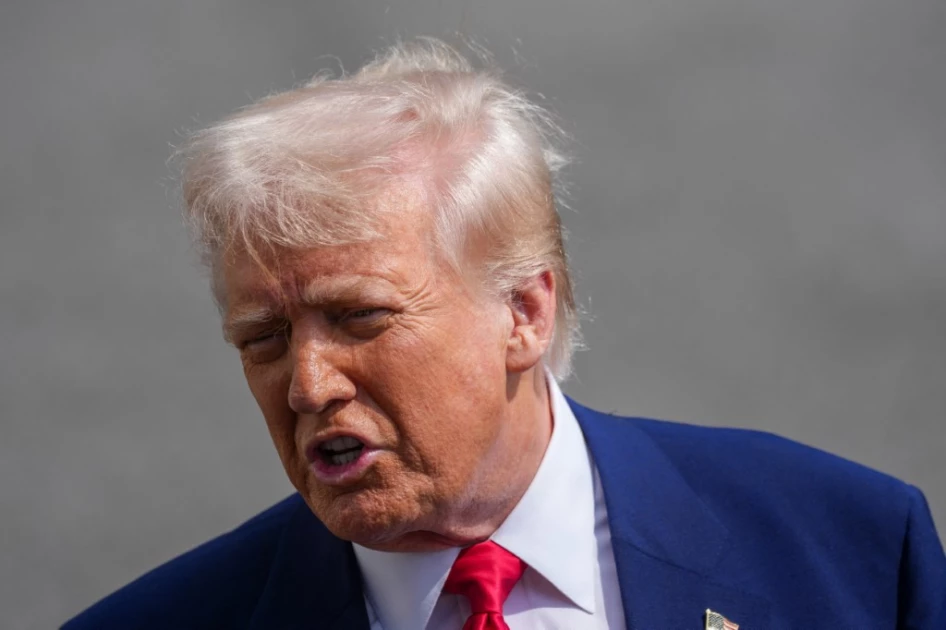U.S. says Kenyan gov’t officials still soliciting bribes from American investors

U.S. President Donald Trump speaks to the media at the White House on April 3, 2025. (Photo by AFP)
The United States has yet again flagged rampant bribe requests and extortion of American investors by Kenyan government officials to secure tenders.
Last year, Washington pointed out the issue
among its top trade barriers with Nairobi, saying U.S. firms had had very
limited success bidding on Kenyan government tenders, with corruption being a
significant concern.
Now, the United States Trade Representative’s
office, in its 2025 National Trade Estimate (NTE), says corruption persists and
often influences the outcome of Kenya’s public tenders.
“Tenders are often not announced in a
timely and transparent manner. Foreign firms, some without proven track
records, have won government contracts when partnered with well-connected
Kenyan firms or individuals,” Jamieson Greer’s office notes.
And despite Kenya’s procurement digitisation
push to boost transparency, America says systems such as the Integrated
Financial Management Information System (IFMIS) remain ineffective.
“Concerns about IFMIS include insufficient
connectivity and technical capacity in county government offices, central
control shutdowns, and security gaps that render the system vulnerable to
manipulation and hacking,” notes President Donald Trump’s trade advisor.
Similar to last year, the report further
notes that U.S. companies have raised concerns about the length of time
required for Kenyan customs to release shipments.
It flags what it calls a “complex and inefficient process” that involves “many steps with uncoordinated offices”, inconsistent application of classification and valuation decisions, as well as “unnecessary transit inspections.”
At the same time, the U.S. has noted the widespread
availability of counterfeit and pirated goods in the Kenyan market.
“Kenya signed the World Intellectual
Property Organization (WIPO) Copyright Treaty in 1996 but has yet to ratify it,” Greer’s office says.
This is an international treaty on
copyright law adopted by the member states of WIPO, a U.N. agency specialising
in intellectual property, in 1996.
Still, Washington says Nairobi’s customs
recordation system and Import Permit application requirements are still not
enforced, despite adding additional costs and resources for Americans bringing
products containing intellectual property into Kenya.
The U.S. Trade Representative’s report comes days after Kenya began rolling out the end-to-end Electronic Government Procurement (e-GP) System to crack down on graft in national and county government contracting.
The IFMIS-integrated system is part of the International Monetary Fund (IMF)-backed reforms to streamline government procurement. The National Treasury anticipates reduced cost of goods, works and services, increased transparency, lower procurement cycle time, accountability, and enhanced procurement information management.
Kenya seeks to do away with supplier and contractor exploitation by rogue and corrupt players handling payments and disbursement approvals at government offices.
Want to send us a story? SMS to 25170 or WhatsApp 0743570000 or Submit on Citizen Digital or email wananchi@royalmedia.co.ke
Comments
No comments yet.



Leave a Comment